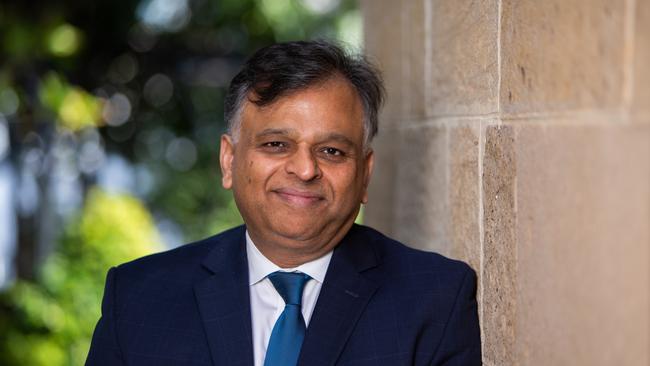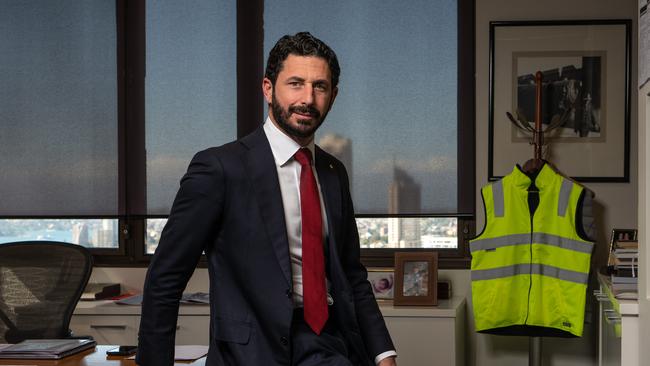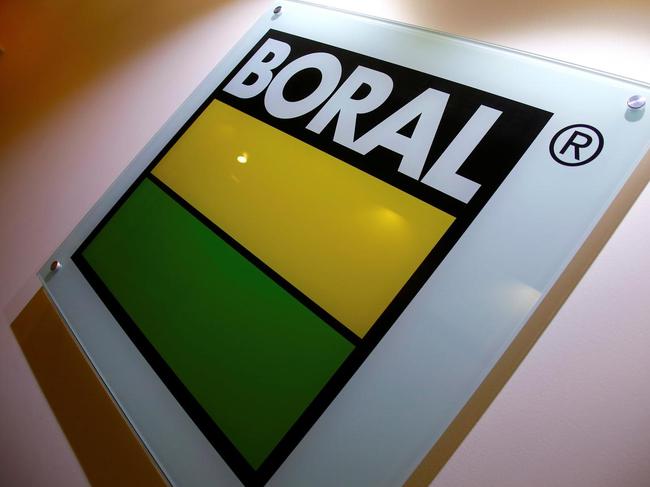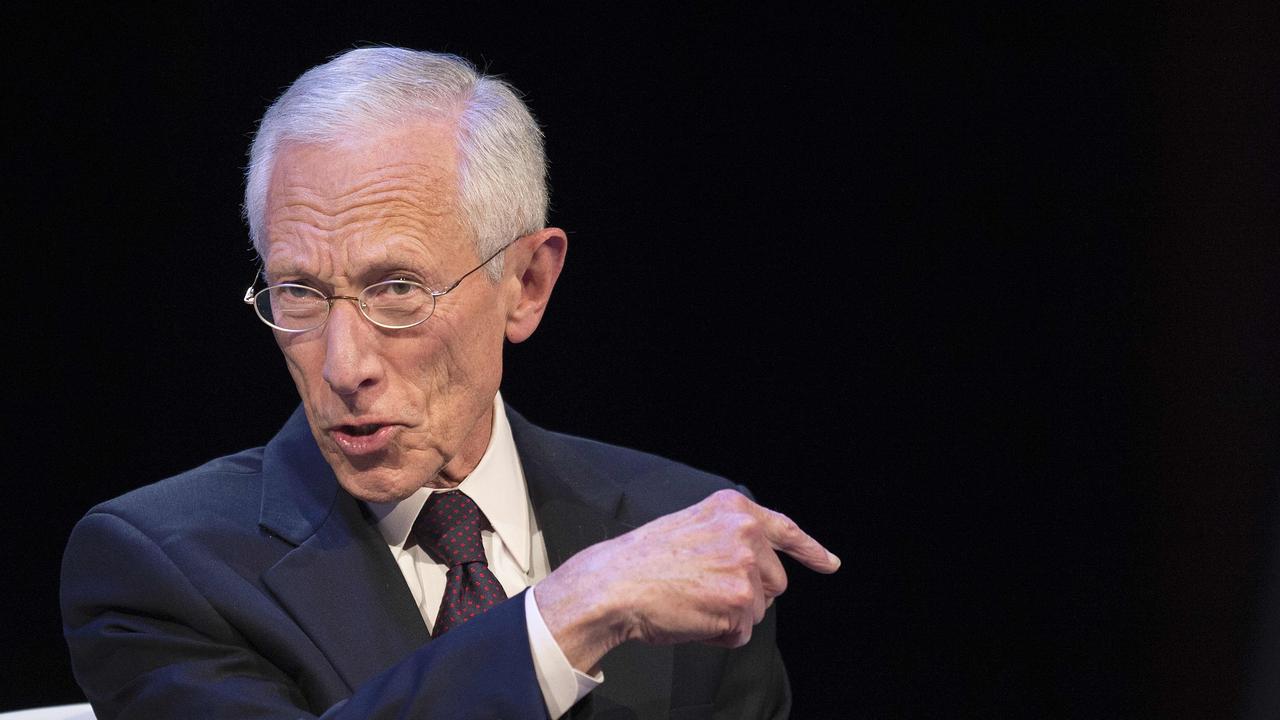Boral wants tweak to fixed-price contracts; shares surge on revenue report
Construction giant Boral expects inflationary pressures to continue for six months and called for an end to fixed-priced contracts for construction firms struggling with higher input costs.

Business
Don't miss out on the headlines from Business. Followed categories will be added to My News.
Boral, the construction giant controlled by West Australian billionaire Kerry Stokes, expects inflationary pressures to continue for six months and called for an end to fixed-priced contracts for construction firms struggling with higher input costs.
Shares in Boral on Wednesday surged 12.8 per cent after the company posted a similar percentage-sized increase in revenue for the first half, at $1.68bn, on the back of increased sales at higher prices.
Chief executive officer Vik Bansal – who was hand picked for the role by Ryan Stokes – said inflation continued to be a constant pressure and he did not expect Tuesday’s rate rise by the Reserve Bank of Australia to crimp inflation in the short term.
“From Boral’s perspective I am not seeing inflation coming down for another six months,” Mr Bansal said. “It is a constant pressure on our business.”
RBA governor Philip Lowe has warned that there might be more increases in the official cash rate “in the months ahead” after lifting the rate to 3.35 per cent to try and curb inflation which is now at a 33-year high of 7.8 per cent.

The mounting costs of commodities has contributed to a spike in construction companies failing over the past six months.
Boral produces construction materials such as cement, concrete and bitumen, and Mr Bansal said he saw first hand the need for construction companies to stop fixed-price quoting – particularly for the government – because they are getting caught out when their input prices rise.
“A lot of these big contracts are with government,” Mr Bansal said, adding that clients needed to better weigh up whether it was better to have a “fixed price contract today and the company goes bankrupt tomorrow, or do a proper contract”.
While the inflationary pressures endure, Boral said the combination of increased sales plus cost-reduction initiatives had helped increase earnings before interest and tax from continued operations excluding property, by 23 per cent to $95.4m.
Boral said it expected second-half EBIT to be “broadly in line with 1H FY23”.
Net profit after tax for the first half fell 91 per cent to $89.5m due to the sale of a number of businesses, including its North American Building Products business for US$2.15bn. Underlying profit from continued operations surged 53 per cent to $56.8m,
Credit rating company Moody’s said the result was “credit positive” and pointed to a strong pipeline of deals ahead.
Moody’s Investors Service vice president Saranga Ranasinghe said: “Despite a challenging cost environment, earnings rose due to disciplined cost management as well as higher volumes and pricing over the period.
“However, risks exist given our expectation of continued inflation and project delays amid weakness in the construction market, labour shortages and increasing project complexity.”

The company has been benefiting from a new dynamic pricing model introduced – just as inflationary pressures were starting to mount – by former boss Zlatko Todorcevski, who also started the process of selling billions of dollars in assets and reining in costs.
Boral said gross energy costs rose 54 per cent, or $40m during the period, while cartage costs increased by a fifth, repairs and maintenance costs edged 12 per cent higher, and plant and equipment costs increased 11 per cent.
UBS said in a research note that the Boral result was “positive”, pointing specifically to its pricing strategy.
“12 per cent year on year net revenue growth and greater than 4 per cent volume growth
implies solid traction on prices,” UBS wrote.
“Given the first-half pricing traction, second-half 2023 guidance for flat EBIT appears conservative if Boral can continue to do well on pricing traction.”
The result was the first with Mr Bansal at the helm and is likely to ease concerns about his controversial appointment. The chief executive said staff turnover was consistent and focused.
“We will need to remain highly disciplined and focused in getting price realisation from the market across the country while maintaining a disciplined approach to cost management. Price erosion is not an option for Boral,” he said.
Adjusted earnings per share rose 50 per cent to 5.1c. However, Boral did not grant an interim dividend to shareholders.
Seven Group is the majority shareholder in Boral, which closed at $3.97 on Wednesday.
Originally published as Boral wants tweak to fixed-price contracts; shares surge on revenue report



